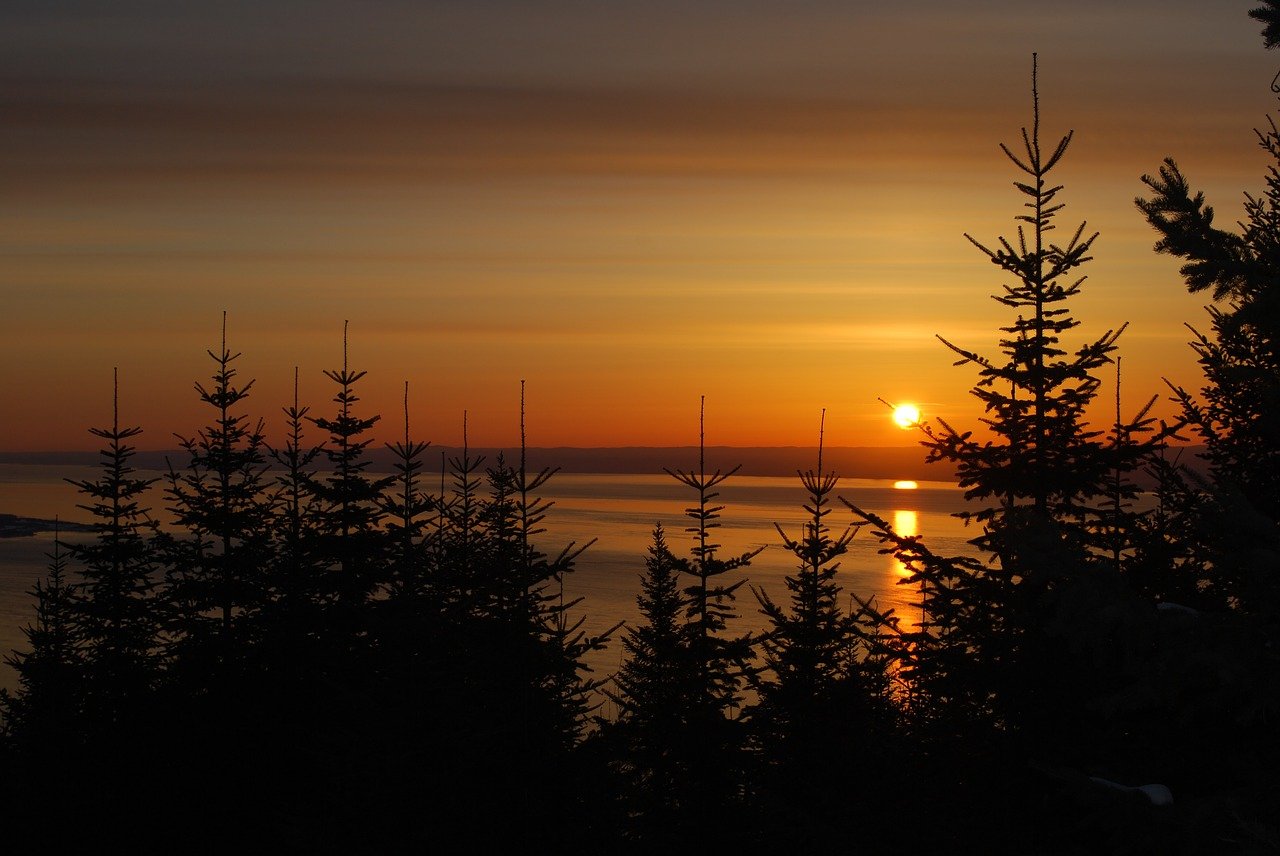Rights of Nature: The Power of the Younger Generation in the North Country and at St. Lawrence University
This region takes pride in its natural beauty, from its breath-taking mountains to the multitude of rivers and lakes that populate it. Yet, what makes this place so special is not just its beauty. This region harbours most of the fresh water in the world, but manure runoff poisons waterways, such as the Raquette River, and consequently our drinking water. Industrial and agricultural pollution is dumped into our rivers and streams, from Tupper Lake to Massena, thus threatening surrounding communities, including the Kanien’keha:ka (Mohawk) Nation of Akwesasne. It is everyone’s responsibility, including St. Lawrence students, to protect the rivers and the health of all the communities they sustain against all present and future threats.
After centuries of colonialism, rampaging environmental and human exploitation, we reached a tipping point with the name of Climate Crisis. While most of the international community recognizes and signed the Universal Declaration of Human Rights, over three dozen communities around the United States, as well as countries from Bangladesh to Colombia, are recognizing the “Rights of Nature.” These countries and communities are striving to protect what is most precious to them: the environments they call Home.
As students, we also have the responsibility to protect and preserve this region. Just because we are not growing up in this area does not make us any less dutybound to protect this land and water. I am not from the region, not even from this country. While I am an international student, I have the responsibility to care for the local environment. Even if not our permanent home, this land is hosing us for four years. Basically, a fifth of our life once we graduate. Local communities, such as the Kanien’keha:ka (Mohawk) Nation of Akwesasne have been stewarding this land since time immemorial and are also being threatened by environmental exploitation just happening around the corner from St. Lawrence University.
We, as students, recognize that the world is constantly evolving. While we cannot and should not change this, we can decide what direction this change takes. We can be part of the shift that will preserve our Homes or destroy the land and livelihoods.
Therefore, young people from the St. Lawrence River watershed are working together in organizing an international Symposium which will take place on March 22, International Water Day. During the North Country Rights of Nature Symposium, community members will join to discuss how to best protect the region’s waterways.
Imagine the St. Lawrence or the Raquette River suing a company that is polluting its waters and harming the health of the communities along its banks. While nature in the North Country does not possess legal rights of standing in court, Orange County, Florida just passed a ballot measure that states that communities have the right to fresh drinking water, and that waterways have the right to “exist, flow, be protected against pollution and maintain a healthy ecosystem.” In Orange County, the threatened waterways are already suing a company that is planning to destroy over 63 acres of wetlands and more than 33 acres of streams, for residential and commercial development. Currently, community members are working to make the Rights of Nature be recognized here, too.
Rights of Nature is the idea that the environment has the right to exist, flourish and regenerate itself, as well as the right to sue when its rights are violated. In 2008, Ecuador recognized rights of nature in its constitution, becoming the first country to do so. Years later, other natural entities have been given legal rights, from the Ganges River in India to the Whanganui River in Aotearoa (New Zealand).
In the face of the Climate Crisis, the younger generation is mobilizing to demand change. Here in Haudenosaunee territory – Upstate New York – people of all ages believe that nature deserves further legal protection. We want to preserve and prosper with our Mother Earth.
We are the Voice of Rivers Committee. We believe in the Rights of Nature because we cannot extricate ourselves from it. We are part of nature. Safeguarding it means safeguarding our present and future, while making a step towards the healing process between Native Nations and settler societies.
If you too believe that the environment must be protected, you can scan this QR code that leads to a Google Form with a readymade email to send to President Morris and the Board of Trustees to push for this campus to adopt the Rights of Nature, become more sustainable, and act as a responsible member of the watershed and region.
In addition, you are invited to attend the North Country Rights of Nature Symposium, to join this discussion and learn how to become a better steward and environmental citizen.



